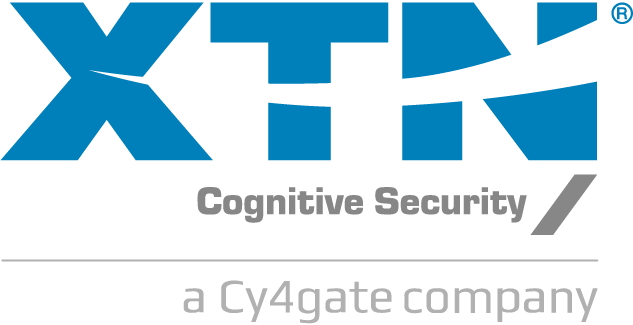Written by Guido Ronchetti, CTO at XTN Cognitive Security®
At XTN, we are used to answering the question, “Why you’ve named ‘Cognitive’ your Platform?”
We want to share with you the answer that focuses the attention on the approach we adopted since XTN was born.
In 2014, we selected XTN Cognitive Security® as the name for our company. To explain why we can start from a dictionary definition: “Cognition is the mental process involved in knowing, learning, and understanding things” (n.d. In Collins dictionary. Retrieved from //www.collinsdictionary.com/dictionary/english/cognition )
If we apply cognition to artificial intelligence, we transfer human cognitive processes to machine learning algorithms. It follows that Cognitive Security is the application of artificial intelligence technologies, modeled on human thought processes, to detect security threats.
To go briefly into our history, XTN was born from a team of security guys coming from working as consultants on the field. The original group was working as fraud experts or penetration tester as consultants for some of the most important financial institutions in Europe. When we started designing our machine learning algorithms, our goal was training them with our on the field know-how.
We wanted to be able to replicate the same analysis and evaluation flow we would have done manually. That’s what we achieved: an AI able to replicate and push further our analyst thought process. We also desired it to be able to learn from the feedback given by our client’s fraud analysts. That’s why our technology can understand the feedback given by the analyst and learn how to evaluate the next events even better. Practically, our experience in cybersecurity has been digitized to offer real-time, autonomous, efficient, scalable, and accurate evaluation flows. And this is precisely the technological approach that we have adopted since the beginning.
Using the term “Cognitive,” we wanted to let the world know that we were transferring our human skills to artificial intelligence to develop our solutions. The result is that our collective experience in cybersecurity was encoded into our products. Only later, our intent has come out to be predictive of a phenomenon that was spreading.
What are the advantages of the XTN approach?
- Reduce the work of a human analyst by providing better accuracy (the machine never drop in attention) and as few as possible false positive.
- Produce an evaluation flow that is understandable for the analyst: at the end of the day, the fraud analyst has to follow the evaluation flow and understand the decision.
- Gives the right flexibility to benefit from the analyst know-how while keeping the needed flexibility to evaluate new unknown cases autonomously.
Cognitive Security is one of our pillars, and starting from it, we developed our Cognitive Security Platform® .


